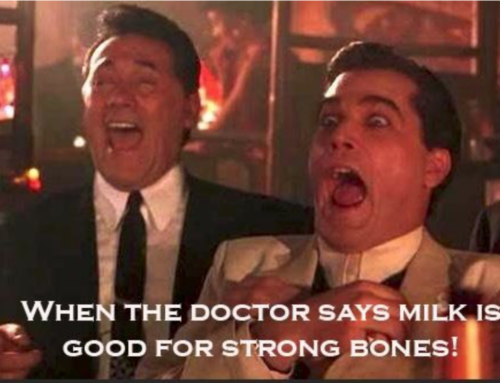Here Comes the Sun… and I say IT’S ALRIGHT!
If you walk down your local supermarket or drugstore seasonal aisle and notice their summer display with rows and rows of sunblock, beach cover-ups, and giant umbrellas, you might be quick to think the sun is your enemy. Unfortunately, the sun, the provider of life to our planet, has been increasingly demonized, and the fear of overexposure to its ultraviolet rays has caused many people to overprotect themselves.
Is the sun really that bad for us? Let’s take a closer look.
We humans have a very natural instinct to love the sun. We flock to beaches and rooftops to soak in its rays. We close our eyes as we feel its warmth on our face and smile. Ah….. What an amazing feeling!
The sun’s majestic rising is the beginning of each fresh day, and its quiet descent signals our body to wind down and relax. Ancient civilizations including the Babylonians, Egyptians, Greeks and Romans were all aware of the hygienic use of the sun and equipped their cities with sun gardens. They worshipped the sun with gratitude acknowledging the fact that the sun was the source of all life on Earth.
So, how did we go from sun worship to today’s borderline“sun-phobia”?
Well, for one thing, we are told that the sun causes skin cancer, yet studies are actually showing that exposure to sunlight reduces the risk of major cancers
We are also told to cover up, to keep our skin hidden and “protected” and are advised to frequently apply sunscreens on our skin to block the sun’s rays. But are we aware of what potential toxins might be in these sprays, oils and lotions? Are these sun care products, which generate over $5 billion dollars (and growing) in annual revenue in the US alone,adequately regulated by our government?
So, what gives? What do we really know to be true about the sun?
The reality is, as scientists are discovering, that getting a good dose of sunshine makes us live longer, healthier and happier lives.We are built for life in the sun and we need the benefit of regular contact with its rays, not just for its warmth, but for its light which is a vital nutrient required by the body and is essential for all plants and animals.
Have you ever noticed how our moods change for the worse during prolonged periods of cloud and rain? The decrease in sunlight during winter months can actually cause severe depression. Studies on hospital patients showed that those who were fortunate enough to have windows recovered faster.We need the sun. It makes us happy and it is vital to our existence.
Other emerging research indicates that sunlight may protect us against a wide range of lethal or disabling conditions, such as obesity, heart attacks, strokes, asthma, and multiple sclerosis. Sunshine has also been shown to boost our libidos, cognition and general mood.
If we continue to avoid the sun as much as we currently do and slop on the sunscreen, we riskcreating a vitamin D deficiency. Vitamin D plays a key role in almost all of our physiological functions and sunlight is the absolute best source. There is a fluid right under our skin called ergosterol, which when in contact with the rays of the sun is converted into vitamin D and absorbed directly into the bloodstream.
So, what are we to conclude from all this?
Well, in essence:
Sunbathing, done properly, is every bit essential and beneficial as any other
element of health, but we do have to be smart about it.
Lying in the sun during early morning or late afternoon is the best time. Expose the greatest amount of your skin during those periods.As many of us have learned the hard way, left unprotected for too long our skin will burn if exposed to too much direct sunlight during peak solar hours.
The best way to prevent sunburn is to stay covered with light clothing; avoid prolonged exposure during the hottesthours; wear a hat and sunglasses; and seek shade as much as possible. If using a sunscreen is still preferred or unavoidable, the good news is that there are sunscreens available that are not as chemicalized as many popular brands. Sunscreens are for when you are in the sun for a prolonged period during the most intense hours of the day but should be a last resort. You can check the EWG’s Annual Sunscreen Guide for more info
“Little darling, the smiles returning to the faces
Little darling, it seems like years since it’s been here
Here comes the sun, and I say…It’s all right” – George Harrison







